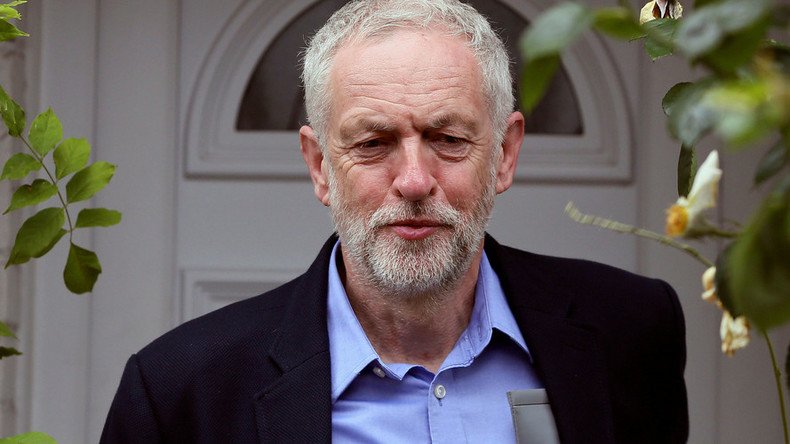Could a new center-left party emerge from a Labour split? Lib Dem leader Farron thinks so

Liberal Democrat leader Tim Farron has hinted that Britain’s tumultuous political environment may offer an “historic opportunity” to create a grand alliance between parties in opposition against the Conservative government.
Farron is alleged to have had a series of conversations with Labour, Green Party and Welsh nationalist Plaid Cymru politicians on the Remain campaign trail ahead of the EU referendum last month.
He told the Independent that after campaigning with other progressive politicians against Brexit he realised “there are loads of people out there who you realise in this most calamitous and febrile set of circumstances, you share a lot more in common with them than the fact you want to be in the European Union. So realignment is a real, real possibility.”
Farron, much like Green MP Caroline Lucas and Labour leader Jeremy Corbyn, supports electoral reform.
“The whole current scenario reminds us that the Labour and Tory parties in particular are completely and utterly false and uncomfortable coalitions. You’ve got the far left and the soft left of the Labour party … and in the Tory party you’ve got English nationalists versus pragmatists and even some liberals within the Tory party,” he told the Independent.
“In any other democracy in Europe those people wouldn’t be in the same party as one another - and quite a few would be in the same party as us.”
A letter written by Lucas and her party’s leader Natalie Bennett after the referendum vote resembled Farron’s calls for unity. The message, sent to Farron, Corbyn and Plaid’s boss Leanne Wood, read: “There is an urgent need to make a stand against any austerity and the slashing of environmental legislation, human and workers’ rights that may come with Brexit.”
But Farron did not appear to imagine his progressive alliance on the exact same lines.
“A form of any kind of movement does depend upon what happens in the Labour Party,” he said.
“The main situation will be how members of the Labour party relate to Liberal Democrats. We have to respect what’s going on in the Labour Party at the moment and see what happens. My genuine sense is that I can’t see a happy ending for them.”
Tim Farron wouldn't even say if he thought being gay was sinful when he took over as Lib Dem leader. Shush about your new centrist party yea
— Calum Sherwood (@CalumSPlath) July 18, 2016
The Liberal Democrats have profited from their unflinching anti-Brexit position with a reported 15,000 people joining the party since the EU referendum. This pales compared with Corbyn’s Labour, however, which accepted 100,000 new members in the same period.
Farron’s Liberal Democrats are tainted by their own period in coalition with the Conservatives between 2010 and 2015, in which they failed in their efforts to reform the electoral system and allowed harsh austerity measures to be imposed.












